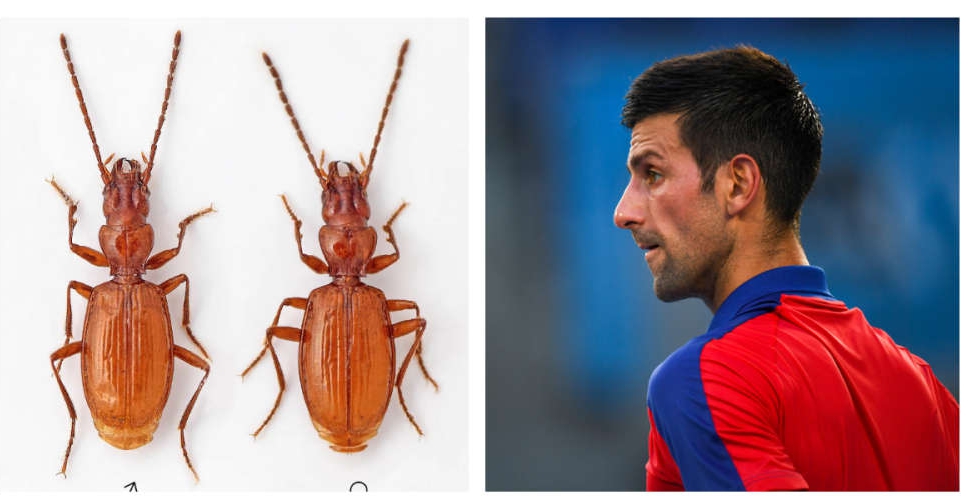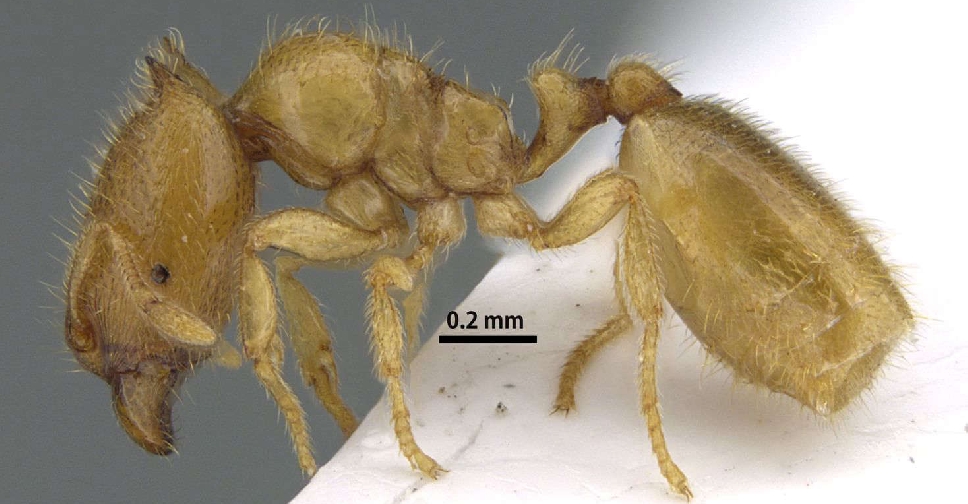
Serbian scientists have named a new species of beetle after tennis great Novak Djokovic due to its speed, strength, flexibility, durability and ability to survive in a difficult environment.
The insect, which belongs to the Duvalius genus of ground beetles that are present in Europe, was discovered several years ago in an underground pit in western Serbia.
It is named Duvalius Djokovici, the Tanjug news agency quoted researcher Nikola Vesovic as saying.
Vesovic said that a new species was a specialised underground Coleoptera beetle, a predator which had lost its eyes living deep underground.
"I proposed to name the new species after Djokovic," Vesovic was quoted as saying.
"He is the man who did much for this country. We feel urged to pay him back in the way we can."
Last weekend, the 35-year-old Djokovic, who has won 21 Grand Slam trophies, won the Tel Aviv Open to clinch his third title this season, after winning a seventh Wimbledon crown in July.




 Huge undersea wall dating from 5000 BC found in France
Huge undersea wall dating from 5000 BC found in France
 Koshary, a spicy Egyptian staple, wins UNESCO recognition
Koshary, a spicy Egyptian staple, wins UNESCO recognition
 Boosted by Dubai chocolate craze, Argentina bets on pistachios
Boosted by Dubai chocolate craze, Argentina bets on pistachios
 At Britain's first plant-based Michelin-star restaurant, most diners aren't vegan
At Britain's first plant-based Michelin-star restaurant, most diners aren't vegan
 Rare ant species discovered in Sharjah's Wadi Shees
Rare ant species discovered in Sharjah's Wadi Shees



